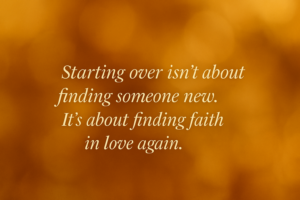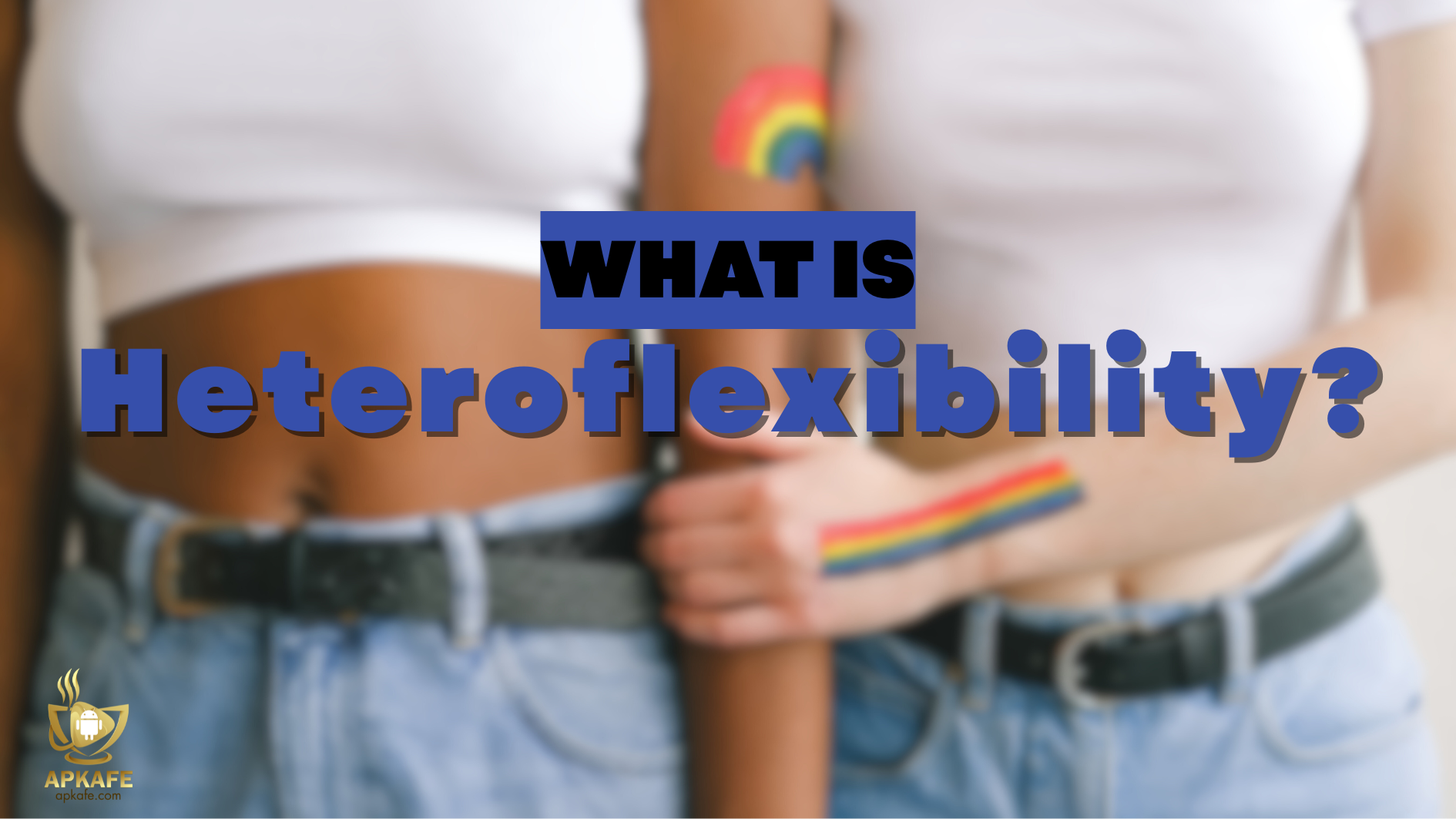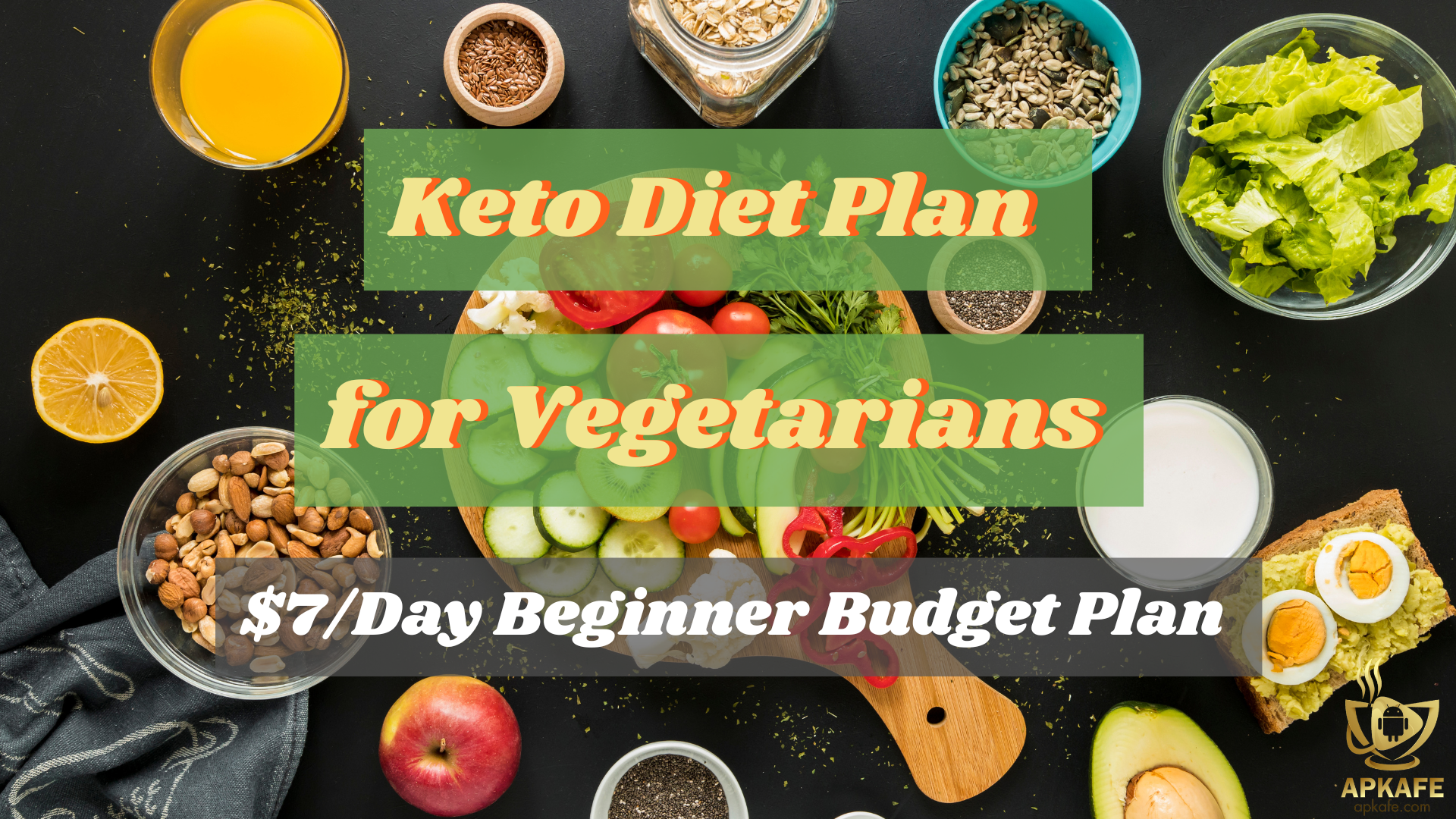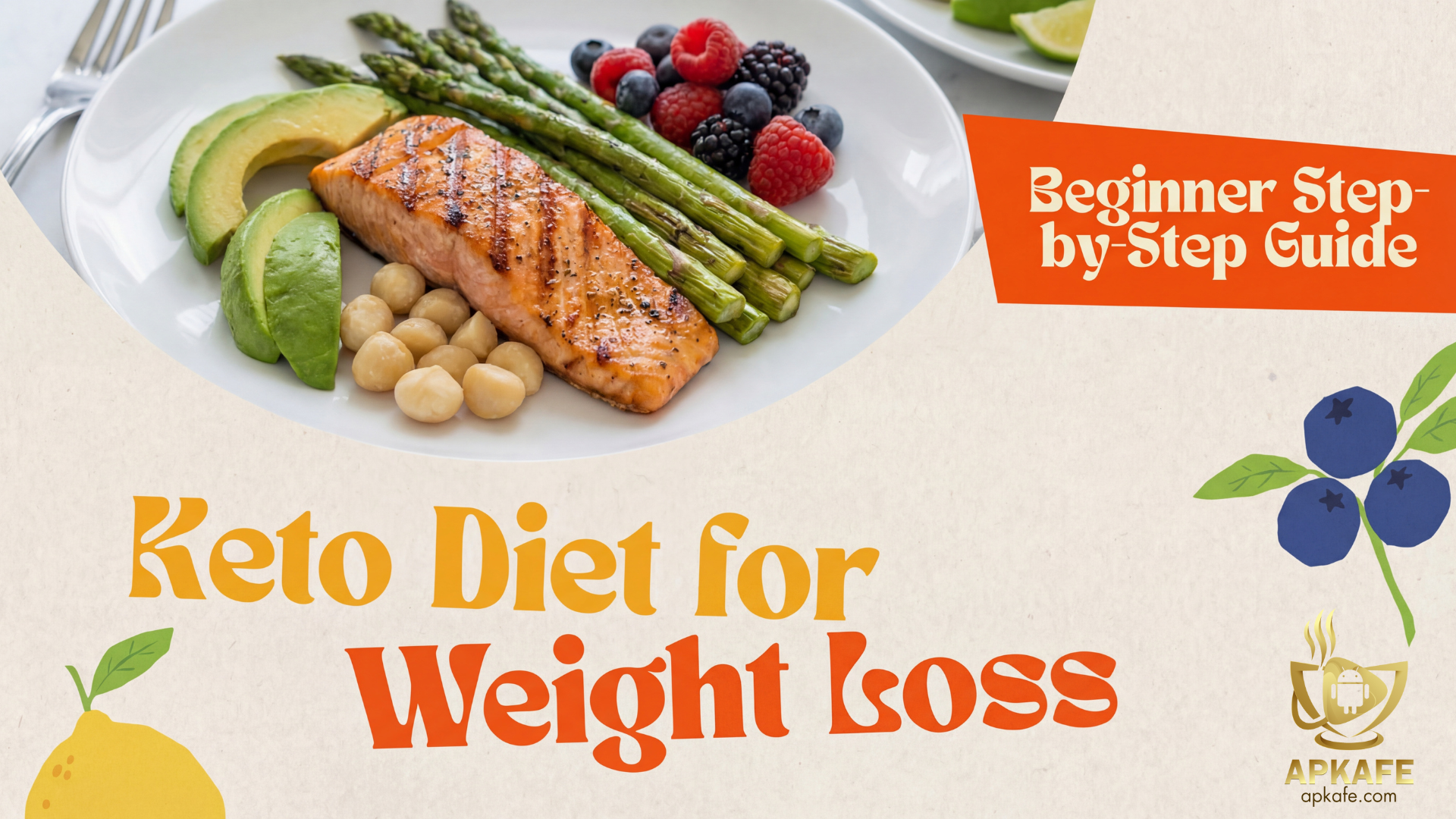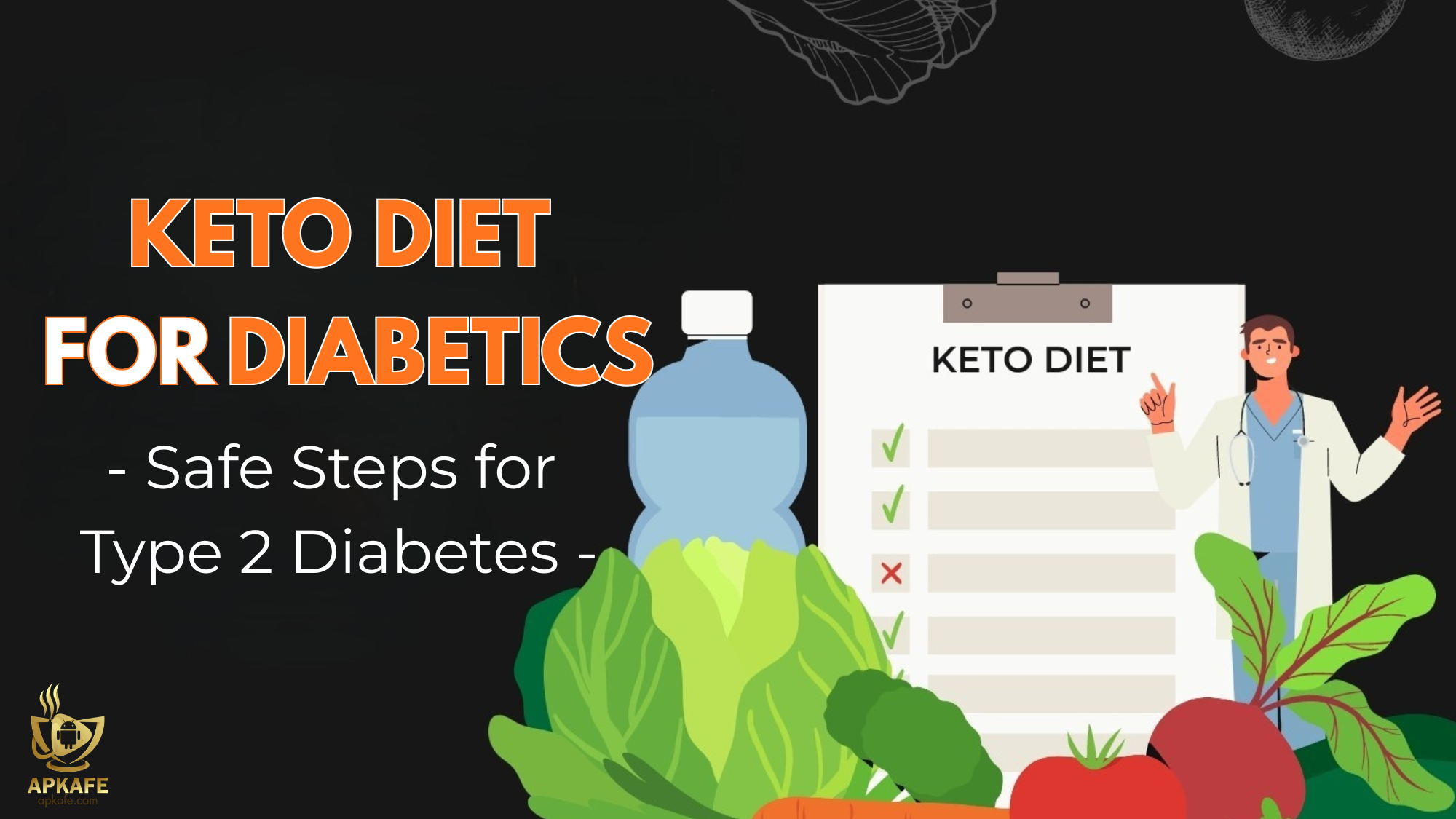Dating After Divorce: Finding Love Again with Confidence
Dating after divorce isn’t about starting over from scratch — it’s about beginning again with wisdom. Whether you’re rediscovering yourself, exploring modern dating, or wondering if you’re ready for love again, this guide walks you through every step with honesty, warmth, and hope. Because second chances aren’t rare — they’re just quieter.
Tinder® is the world’s most popular dating app, trusted by millions to meet new people, spark connections, and start meaningful relationships — or just have fun.
- Large global user base
- Easy-to-use swipe interface
- Location-based matching
- Variety of dating goals supported
- Premium features for enhanced experience
- Highly appearance-focused
- Presence of fake profiles
- Limited features for free users
- Can impact self-esteem
- Mixed intentions among users
There’s something quietly brave about starting over. Not the kind of bravery that comes with applause, but the quiet, steady kind — the one that whispers, “Okay, maybe I’ll try again.” Dating after divorce can feel like stepping onto a stage you once swore you’d never see again. You’ve lived through heartbreak, raised kids, managed households, maybe built a career — and now, you’re staring down the unfamiliar terrain of modern dating.
And yet, beneath the anxiety and questions (“Is it too soon?” “What if I get hurt again?” “Do I even remember how to flirt?”), there’s something else — hope.
That’s what this guide is about. Not rules. Not checklists. Hope. Grounded, practical, slightly messy, but deeply real hope for anyone ready — or almost ready — to love again after divorce.
Are You Really Ready to Date Again?
The first question isn’t where to meet someone, but whether you should. It sounds simple, but emotional readiness is the single biggest predictor of whether post-divorce dating will heal you or just reopen old wounds.
You’ll know you’re ready when:
- You don’t talk about your ex every time someone asks about your past.
- You can spend an evening alone and feel content instead of empty.
- The idea of love doesn’t terrify you — it intrigues you.
- You trust yourself again, even after what happened.
People often assume readiness means excitement about dating again. Not necessarily. Sometimes it just means you’ve made peace with what ended. You can remember the marriage — the good and the bad — without resentment or regret.
If, on the other hand, you’re still scanning social media for clues about your ex’s life, or dating just to fill the silence, pause. You don’t need to be “fully healed” (who ever is?), but you should be grounded. Entering a new relationship while still bleeding emotionally is like walking on a sprained ankle — you might move, but you’ll hurt the whole time.
Rebuilding Confidence
Let’s be honest — dating after 40, 50, or 60 feels nothing like it did in your twenties. You have scars. Wisdom. Maybe kids. Maybe a mortgage. Maybe hot flashes. But you also have something your younger self didn’t: perspective.
Confidence doesn’t come from pretending the past never happened. It comes from owning it. You survived something big. That’s not a failure — that’s evidence of resilience.
Here’s a little exercise many divorce coaches recommend:
Write down five things that make you you — things no relationship, no partner, and no divorce can erase. Maybe it’s “I’m loyal,” or “I’m funny when I relax,” or “I make a mean chicken piccata.” Read that list out loud. Tape it to your mirror if you have to.
Confidence isn’t loud. It’s quiet steadiness — showing up to a first date as yourself, not your résumé or your highlight reel.
- “Real love meets you when you meet yourself.”
Clarify What You Want
Dating without clarity is like grocery shopping hungry — you end up with a cart full of things you didn’t need.
Before you download a single app or say yes to a setup, get clear on your non-negotiables. What values matter to you now? What behaviors are absolute deal-breakers? If you’re a woman with children, do you want someone who’s comfortable in a family dynamic, or would you prefer to keep parenting separate from your romantic life?
Also, allow your “type” to evolve. Maybe your ex was charismatic but emotionally unavailable — you might find more peace with someone quieter and kinder this time. When people over 45 were surveyed by Exclusive Matchmaking, the happiest second-time couples said they chose differently — not lower, but wiser.
Your wish list doesn’t have to be perfect. Just make sure it reflects the life you want, not the life you used to have.
Getting Back Out There (Without Losing Your Mind)
Alright — you’ve done the inner work. You’re ready to dip a toe back in. Deep breath.
The modern dating scene can feel chaotic — apps, algorithms, “ghosting,” “breadcrumbing,” even the terminology sounds exhausting. But behind all that noise, people still want the same thing they always have: connection.
Start small. Say yes to a coffee, a walk, a casual dinner. Avoid the pressure to label things too soon. Not every date has to be “the one.” Sometimes, the first few are simply about remembering what it’s like to talk to someone new — to laugh, to share stories, to feel your heartbeat in a new rhythm again.
If you use dating apps, keep them in perspective. They’re tools, not lifelines. Set limits — 15 minutes a day to browse, maybe a couple of active conversations at a time. Use clear, recent photos. Write a short bio that sounds like you actually talk. (“Dog mom, runner, book hoarder, recovering perfectionist” works better than “Looking for my forever person.”)
And always — always — meet in public places until you feel safe. Tell a friend where you’re going. It’s not paranoia; it’s smart.
Communication Is Everything
Divorce often happens when communication breaks down, so this time around, make honesty your foundation.
You don’t have to unpack your entire marriage history on date one (please don’t), but you can be transparent about where you are in life. “I’ve been divorced for five years; I learned a lot, and I’m open to something meaningful again.” That’s enough.
Ask questions that reveal character, not trivia.
Instead of “What do you do for fun?” try “What makes you feel at peace these days?”
Instead of “Are you close to your family?” try “What kind of relationship do you hope to have with someone’s kids?”
Notice how they answer. Do they listen? Deflect? Rush to talk about themselves? People will tell you who they are, even when they’re trying not to.
And remember — healthy communication also means boundaries. It’s okay to say, “I’m not ready to talk about that yet,” or “I prefer to take things slowly.” A mature partner won’t flinch at your limits; they’ll respect them.
Introducing Kids
If you’re a parent, this part gets tricky. You’re not just dating for yourself anymore — your choices ripple outward.
There’s no universal timeline, but therapists usually recommend waiting until the relationship feels stable before bringing someone new into your children’s world. Kids, no matter their age, often view your dating life through the lens of loyalty. They may fear being replaced or losing your attention.
Before introductions, talk to them honestly. Say something like, “I care about this person and I’d like you to meet them, but you’ll always come first.” Let them set the pace. Some kids warm up quickly; others need months. That’s okay.
If your partner also has children, blended families require patience. It’s not a movie montage — it’s a slow, delicate process of building respect and shared traditions. The goal isn’t instant harmony; it’s stability.
Navigating Midlife and Beyond
Dating at 45, 55, or 65 comes with unique perks and quirks. You probably have more self-knowledge, a clearer sense of humor, and zero tolerance for nonsense. That’s power. But it also means dating with context — you may have health issues, retirement plans, or adult children with opinions.
You’re not building from scratch anymore; you’re blending lives that already have roots. That means conversations about money, living arrangements, and lifestyle happen earlier. It’s not unromantic — it’s realistic.
And let’s address something rarely said out loud: physical intimacy. After divorce, especially after long marriages, the idea of being intimate with someone new can feel terrifying. Start slow. Go at your pace. Attraction grows from emotional safety as much as chemistry. When you feel respected, desired, and emotionally seen, your body follows your heart’s lead.
Don’t underestimate playfulness, either. Flirting isn’t reserved for twenty-somethings. A genuine compliment, a shared laugh, or a little teasing can feel more intimate than a kiss when done with sincerity.
Common Pitfalls — and How to Avoid Them
Comparing Everyone to Your Ex
That’s the fastest way to sabotage something good. Your ex belongs to a past chapter; this person is a new one. Notice similarities without judgment. Allow differences to surprise you.
Rushing Commitment
When you’ve been lonely for years, the first spark can feel like fireworks. Enjoy it — but pace yourself. Spend at least a few months seeing how they handle conflict, stress, or boredom. The best relationships aren’t built in adrenaline; they’re built in calm consistency.
Ignoring Red Flags
If someone is evasive, disrespectful, or inconsistent, believe what you see. Second chances are for people who’ve earned trust — not just asked for it.
Pretending You Don’t Have Needs
Some people swing too far toward independence, fearing vulnerability. But being self-sufficient doesn’t mean being unapproachable. It’s okay to want love, comfort, and companionship. It doesn’t make you needy; it makes you human.
Over-Filtering
Your checklist might feel protective, but sometimes it becomes a wall. Maybe they’re two inches shorter than your “ideal,” or not into your favorite TV show. Ask yourself — does it really matter? Focus on kindness, curiosity, humor, and emotional intelligence. Those are the real green flags.
Stories of Second Chances
It helps to hear from people who’ve done it — who’ve walked that same uneven road and found joy again.
Maria, 52, waited almost two years before dating. “I didn’t want to bring my old wounds into something new,” she said. Her first few dates were coffee chats, nothing serious. Then she met Tom at a hiking meetup. They didn’t talk about marriage for months. They just walked, talked, and healed together. Now, seven years later, they’re married — and still hike every Saturday.
James, 61, divorced after 30 years. He downloaded a dating app reluctantly, half expecting disappointment. “I thought I was too old for that nonsense,” he laughs. Then he matched with Ellen, a retired teacher who lived two towns away. Their first conversation lasted three hours. “We didn’t talk about the past. We talked about books, grandkids, life.” They’ve been together three years.
Success stories aren’t about luck. They’re about patience, humility, and a willingness to risk hope again.
Reading “Stories of Second Chances” left me feeling deeply warm and moved — like listening to close friends share how they slowly healed and found joy again after heartbreak. Maria and James’s stories aren’t dramatic or idealized; they’re honest, patient, and beautifully human. I realized that love after divorce isn’t about luck, but about courage — the courage to heal, to stay open, and to believe again. This piece made me believe that happiness has no expiration date; as long as we keep our hearts open, there will always be someone willing to walk beside us on the next chapter of life.
What If It Doesn’t Work Out?
Sometimes, even with all your growth and optimism, things still end. That doesn’t mean you failed. It means you tried. Each relationship teaches you something — about your triggers, your desires, your patterns.
If you find yourself disappointed, don’t swear off dating. Take a pause, recalibrate, and return when you’re ready. You’ve already proven you can rebuild once; you can do it again.
And please — don’t let fear of judgment stop you. Society often praises young love but whispers about second chances. Ignore that. Falling in love after divorce isn’t embarrassing; it’s courageous. You’ve lived, you’ve lost, and you’re choosing to believe again. That’s as noble as it gets.
Quick Answers to Common Questions
How long should I wait before dating again?
There’s no universal timeline. Many therapists suggest waiting until you feel emotionally stable and independent again — often a year, sometimes less, sometimes more.
Are dating apps worth it for older adults?
Absolutely — when used wisely. Paid apps or services like Match, OurTime, and eHarmony often attract more serious daters. But don’t rely solely on them. Join hobby groups, travel clubs, or volunteering events where people share your interests.
When should I introduce my new partner to my kids?
Wait until the relationship feels committed and consistent — ideally after several months. Give your children space to express their feelings without pressure.
What if I’m scared of intimacy again?
Yes — when both people are self-aware, emotionally mature, and communicative. Second marriages often succeed when partners value partnership over perfection.
You’re not alone. Go slow. Intimacy starts with trust and emotional comfort, not physical speed. Communicate openly.
Can a second marriage actually last?
Yes — when both people are self-aware, emotionally mature, and communicative. Second marriages often succeed when partners value partnership over perfection
Closing Thoughts: Love Isn’t a Deadline
Dating after divorce isn’t about chasing lost time — it’s about creating a new chapter with intention.
You don’t have to rush, or settle, or pretend to be “ready” just because someone else said so. Healing takes as long as it takes. You can take breaks. You can change your mind. You can laugh, flirt, fall, and stand back up again.
Because love after divorce isn’t about replacing what was lost. It’s about honoring who you’ve become — and finding someone who sees that person clearly.
You know what? You deserve that.
So go ahead — take that walk, say yes to that coffee, send that message. It’s not about finding the perfect person. It’s about rediscovering joy in connection, one honest conversation at a time.
Dating After Divorce: A Real Guide for Finding Love Again stands out because it speaks to both the heart and the mind. It doesn’t just give advice — it understands the emotions that come with starting over. With its warm tone, relatable examples, and gentle honesty, the article helps readers see that love after divorce isn’t about chasing what was lost, but embracing who they’ve become. In the end, its message is simple yet powerful: healing and happiness are still possible — one honest connection at a time.
Related Reading on APKAFE
- Tinder Profile Tips
- Plan Budget-Friendly Date Ideas
- Dating Advice for Men Tips
- Dating After Divorce: A Real Guide for Finding Love Again
Trusted External References
- Tinder Help Center – Safety & Verification
- Bumble Safety Hub
- GQ Magazine – Better Online Dating Bios
- FTC Consumer Advice – Online Dating Scams
Tinder® is the world’s most popular dating app, trusted by millions to meet new people, spark connections, and start meaningful relationships — or just have fun.
- Large global user base
- Easy-to-use swipe interface
- Location-based matching
- Variety of dating goals supported
- Premium features for enhanced experience
- Highly appearance-focused
- Presence of fake profiles
- Limited features for free users
- Can impact self-esteem
- Mixed intentions among users
User Reviews



